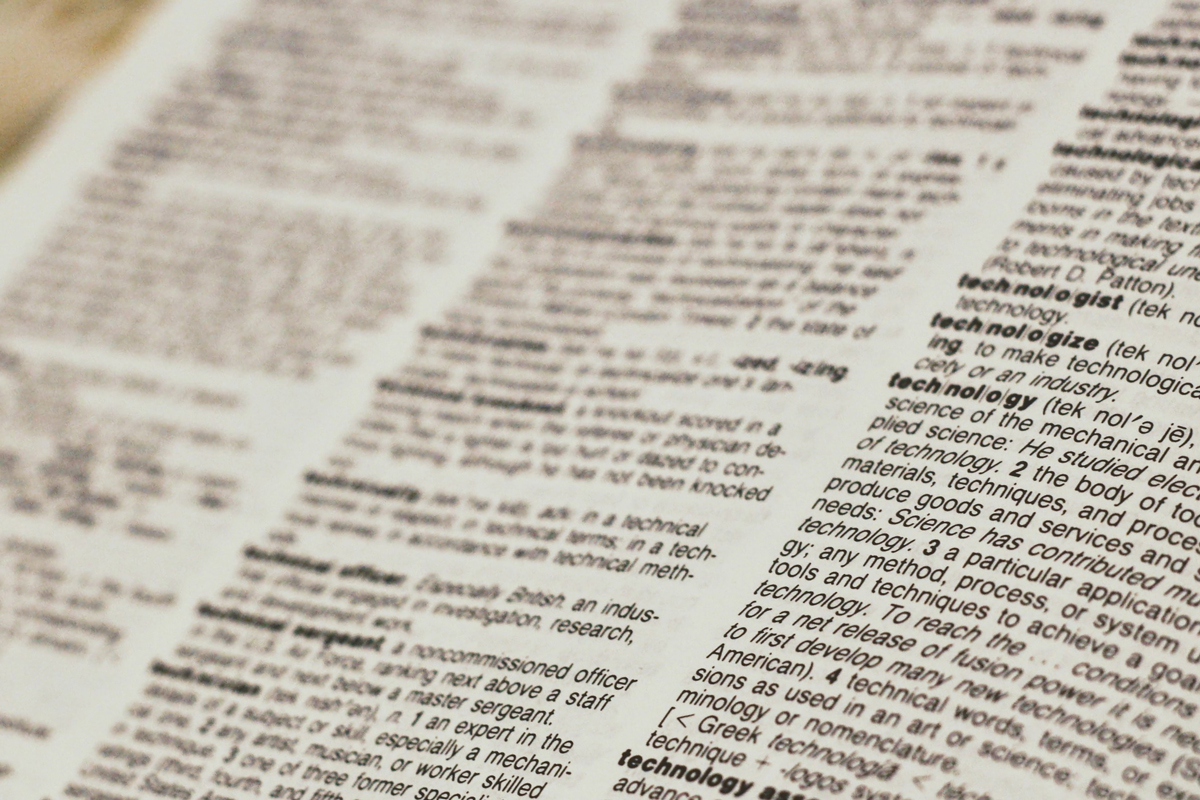Poetry and the N+7 Machine
When it comes to poetry, the genre’s most avid writers and readers are constantly searching for new, imaginative prompts. These different exercises help poets push their vocabulary, use of form, and sense of rhythm, leading to unique creations.
The N+7 machine presents a new take on guided writing techniques. OULIPO, a 1960s French poetry society that aimed to combine principles of poetry with more mathematical, structural constraints, created the fascinating formula. Put simply, the formula replaces each noun in a text with the seventh one that follows it in the dictionary.
Take “The Road Not Taken,” one of Robert Frost’s most popular and frequently quoted poems. The poem’s first stanza reads, “Two roads diverged in a yellow wood, / And sorry I could not travel both / And be one traveler, long I stood / And looked down one as far as I could / To where it bent in the undergrowth.”
Using the N+7 Machine, however, transforms each noun in “The Road Not Taken,” changing the first stanza to the following: “Two roams diverged in a yellow woodwind, / And sorry I could not travel both / And be one treachery, long I stood / And looked down one as far as I could / To where it bent in the under-guarantor.”
At first read, this new text might seem silly or even bizarre. However, playing around with the N+7 technique can lead to words that fit in surprising, interesting ways—helping to reinvent a poem in a similar way as erasure, or blackout, poetry. Many poets have built upon this initial formula, replacing each noun with the eighth one following it in the dictionary, the 10th, the 15th, or beyond.
In addition to serving as a lens through which to remake and explore other poets’ works, the N+7 machine can be a way to reinvent your own poetry drafts. Do you find yourself using the same words again and again—so much so that they may be feeling stale? The N+7 machine can force you to change it up, and have fun along the way.
For example, let’s look at some of the most commonly featured words in poetry. When put through the N+7 machine, love becomes luck, moon becomes mop, tree becomes trend, and death becomes debit. How could these unexpected substitutes enrich or alter your poetry? Do “moon” and “mop” share any interesting parallels once you analyze them?
As crazy as the idea might sound, it could spur a themed writing workshop or even a full manuscript. In fact, Harryette Mullen’s collection Sleeping with the Dictionary, which was a finalist for the National Book Award, used the N+7 machine as a brainstorming device and as a connecting thread between poems.
Curious about the N+7 machine? Try it out with any poem or piece of text using this online generator!




